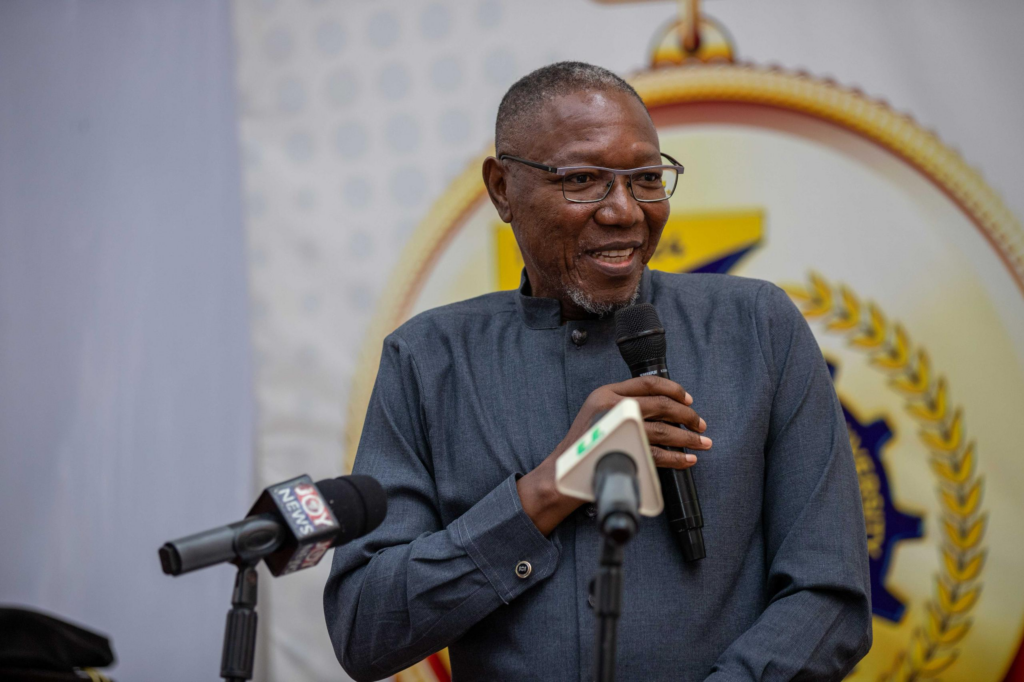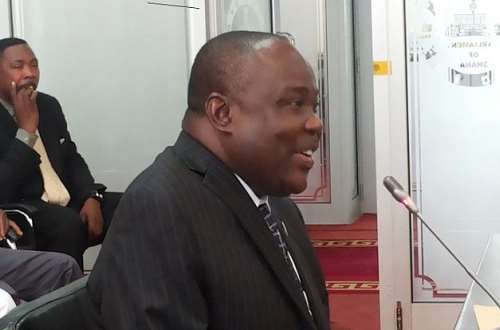ARTICLE AD
The International Labour Organisation (ILO) and the University of Media, Arts and Communication (UniMAC) have signed a Memorandum of Understanding (MoU) to strengthen media reporting on labour migration, fair recruitment, and forced labour in Ghana.
The agreement, formalised on Friday in Accra, aims at equipping journalists with the knowledge and tools necessary to accurately report on these critical issues.
Director of the ILO Office for Nigeria, Ghana, Liberia, and Sierra Leone, Dr Vanessa Phala, described the partnership as a “very important milestone” in tackling misinformation and stigma surrounding labour migration.
She emphasised the need for data-driven narratives to highlight the contributions of migrant workers to socio-economic development, aligning with Sustainable Development Goal (SDG) 8.7, which seeks to eliminate child labour and forced labour.
“For us, with the Fair Recruitment Project and the tools we have developed on labour migration and fair recruitment, this is an opportunity to integrate them into the institution’s curriculum,” Dr Phala stated.
She added that “We aim to not only inform but also educate and change the narrative. The contribution of migrants is often misunderstood and underappreciated, but with accurate reporting, we can foster a greater appreciation of their role.”
Dr Phala, who also serves as the Liaison Officer for ECOWAS, reaffirmed the ILO’s commitment to accountability in the collaboration, emphasising that the MoU would provide a structured framework for both institutions to monitor progress and measure impact.
National Project Coordinator of ILO’s Fair Recruitment (FAIR) Phase III project, Mr Kamil Abubakari, described the MoU as a critical step in addressing challenges in the Ghana-Arab states migration corridor, where many migrants work in low-skilled sectors and face high risks of exploitation.
He provided an overview of the FAIR programme, which was launched globally in 2015 to promote fair recruitment practices in selected migration corridors across Africa, the Arab states, and South Asia.
The Vice-Chancellor of UniMAC, Prof. Eric Opoku Mensah, reaffirmed the university’s dedication to the partnership, stating that the collaboration goes beyond a symbolic agreement.
“On behalf of UniMAC, I want to reiterate our commitment to delivering on this collaboration. It is in our own interest to ensure that this partnership yields excellent outcomes so that we can leverage it for future projects,”he stated.
“We are happy to be part of this initiative, and I assure you that UniMAC will deliver on this commitment,” he indicated.“This is just the beginning, and I am confident that we will return to this room to discuss further collaborations that will benefit humanity,”he added.
BY STEPHANIE BIRIKORANG

 2 days ago
10
2 days ago
10 

